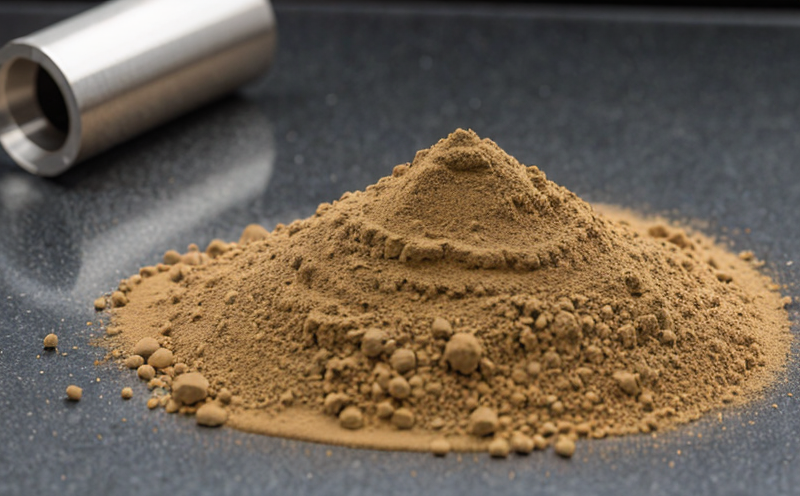Torsional Strength Assessment Test
The Torsional Strength Assessment Test is a critical evaluation method used to determine how materials and components withstand applied torsion. This test is pivotal in ensuring that materials intended for use in additive manufacturing (AM) and 3D printing meet the necessary strength requirements under rotational stress.
In the context of raw material characterization, this test plays a significant role in assessing the suitability of various materials used in AM processes. The torsional strength assessment helps identify potential weaknesses or strengths that could impact the overall performance and longevity of parts manufactured through additive manufacturing techniques. This is particularly important given the complex geometries and stress concentrations often found in 3D-printed components.
The test involves applying a controlled torque to the specimen, measuring its resistance until failure occurs. The key parameters include the applied torque increment, the speed at which it is increased, and the recording of any deformation or fracture that leads to failure. The results provide insights into the material's shear modulus (G), yield strength, and ultimate tensile strength in torsion.
Standard testing procedures for this assessment follow international standards such as ISO 17826:2019, which provides a guideline for the determination of torque-torsional angle relationship. Compliance with these standards ensures reliability and consistency across different laboratories and facilities.
Benefits
The benefits of conducting a Torsional Strength Assessment Test are manifold. For quality managers and compliance officers, it offers critical data that ensures adherence to regulatory standards and enhances product safety. R&D engineers can use this information to innovate and develop more robust materials for additive manufacturing.
- Ensures material suitability for complex geometries in AM processes
- Reduces the risk of part failure due to torsional stress
- Aids in optimizing process parameters during 3D printing
The test also supports procurement teams by providing objective data on raw materials, enabling them to make informed purchasing decisions.
Competitive Advantage and Market Impact
- Provides a competitive edge in the market through consistent material quality
- Aids in differentiation of products by offering superior performance metrics
- Enhances customer confidence with rigorous testing procedures
The test significantly impacts the market by promoting trust and reliability among consumers. It ensures that products meet stringent torque requirements, enhancing their overall quality and safety.
Use Cases and Application Examples
| Industry Sector | Application Example |
|---|---|
| Aerospace & Defense | Torsional strength assessment of titanium alloy parts for jet engine components. |
| Medical Devices | Evaluation of surgical implants made from cobalt-chromium alloys. |
| Automotive Manufacturing | Determination of torsional strength in high-strength steel used for vehicle axles. |
- In the aerospace sector, this test ensures that engine components can withstand extreme rotational stresses during operation.
- For medical devices, it guarantees that implants are robust enough to endure patient movement and stress without failure.
- In automotive manufacturing, it helps in selecting materials that can handle high torque loads in critical parts like axles and steering systems.





